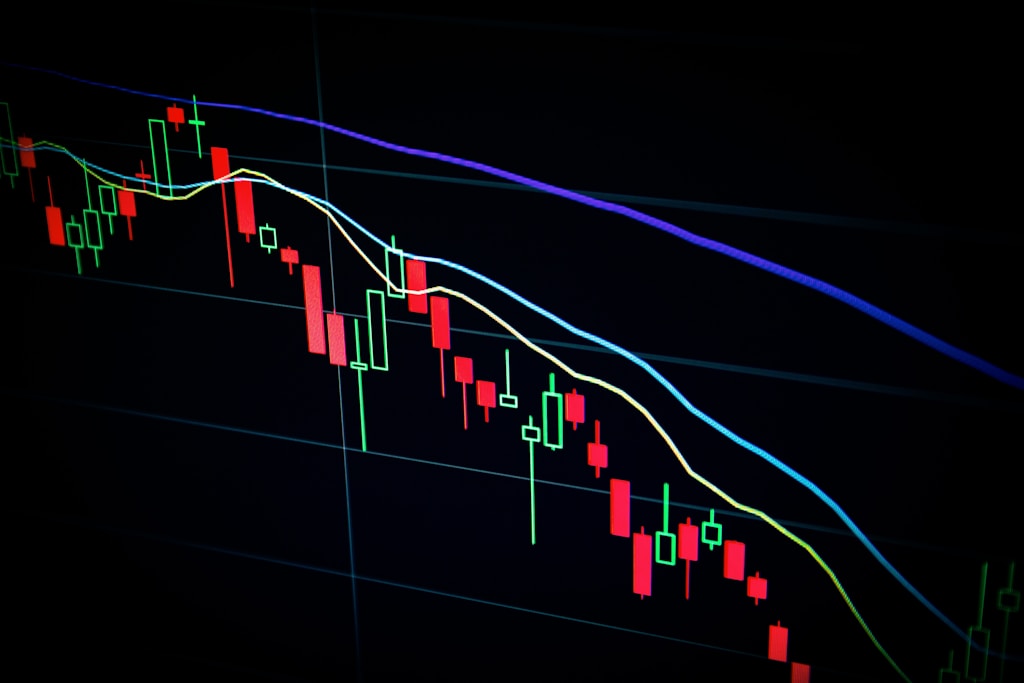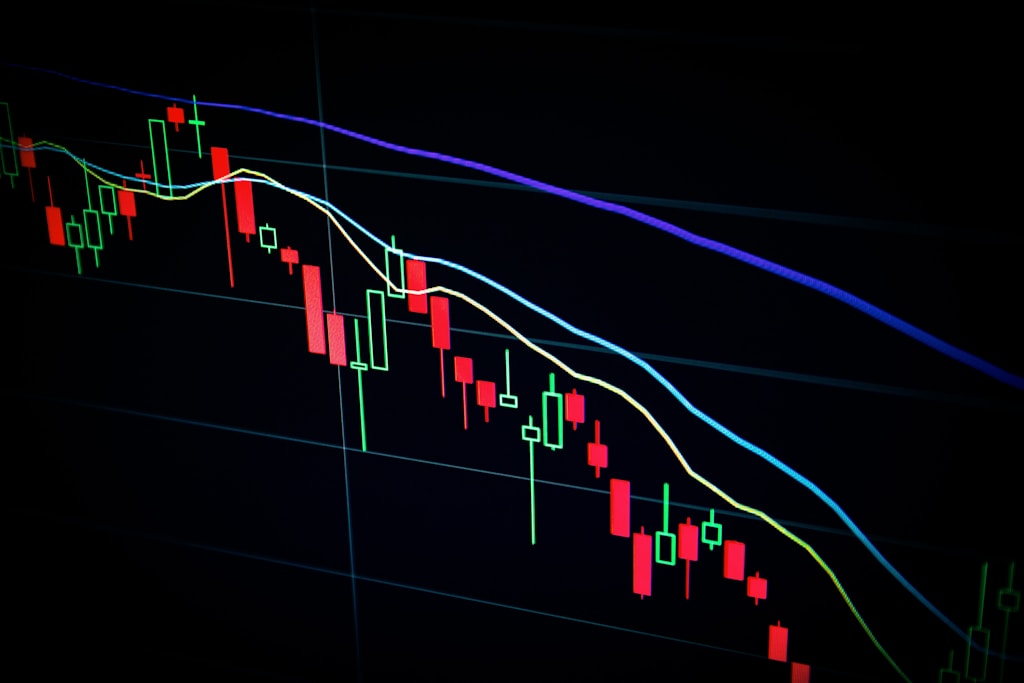In a significant move for institutional Bitcoin adoption in Europe, Paris-based Blockchain Group has announced an ambitious $340 million Bitcoin acquisition plan through an innovative ‘At The Market’ (ATM) share offering. This development comes as institutional Bitcoin treasury adoption continues to surge across the market.
Strategic Bitcoin Accumulation Plan
Blockchain Group, which currently holds 1,471 BTC (approximately $158 million), has partnered with asset manager TOBAM to execute this strategic expansion. The company’s existing portfolio includes 624 BTC from recent purchases and 847 BTC in treasury holdings, positioning them as a significant player in the European institutional crypto landscape.
Innovative ATM Offering Structure
The share sale employs a methodical daily approach, with TOBAM authorized to purchase ordinary shares based on the higher of either the previous day’s closing price or the average daily trading price. A crucial 21% daily trading volume cap has been implemented to maintain market stability and protect investor interests.
SPONSORED
Trade Bitcoin with up to 100x leverage and maximize your profit potential
Market Impact and Bitcoin Price Analysis
With Bitcoin trading at approximately $107,700, the successful raise would enable the acquisition of roughly 3,170 BTC. This substantial purchase could potentially impact market dynamics, especially considering Bitcoin’s recent performance showing a 2.2% daily and 3.5% weekly gain.
Institutional Adoption Momentum
The move aligns with a broader trend of institutional Bitcoin accumulation, with Strategy (formerly MicroStrategy) leading the charge with plans for a $1 billion raise, up from their initial $250 million target. Strategy currently holds 2.75% of Bitcoin’s circulating supply, valued at over $61 billion.
FAQ Section
How will this affect Bitcoin’s price?
While significant institutional purchases can influence market sentiment, the ATM structure’s gradual approach helps minimize immediate price impact.
What does this mean for European crypto adoption?
This move signals growing institutional confidence in Bitcoin within the European market and could encourage similar initiatives from other companies.
How does this compare to other institutional Bitcoin purchases?
At $340 million, this represents one of the larger institutional Bitcoin purchases in Europe, though still smaller than Strategy’s holdings.





